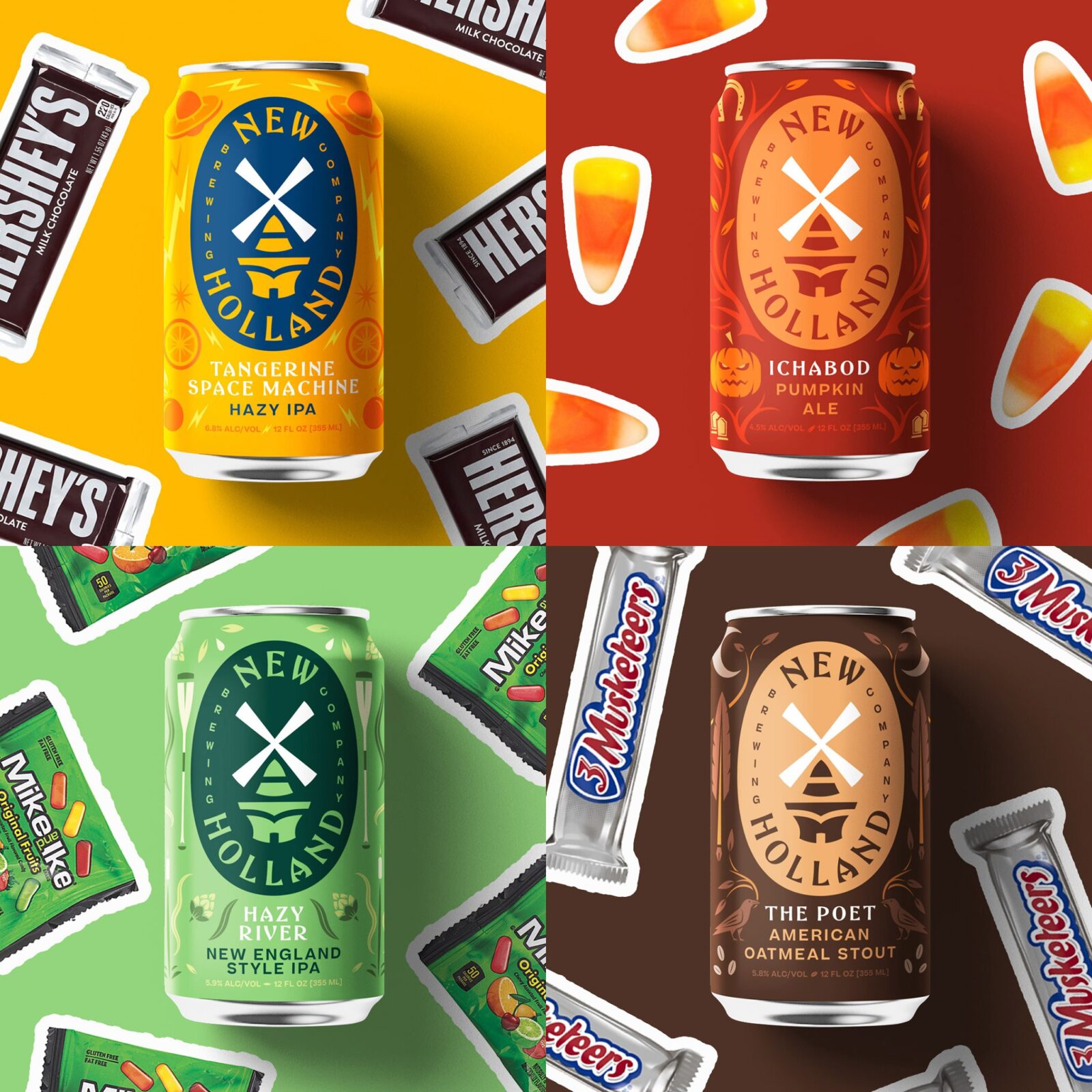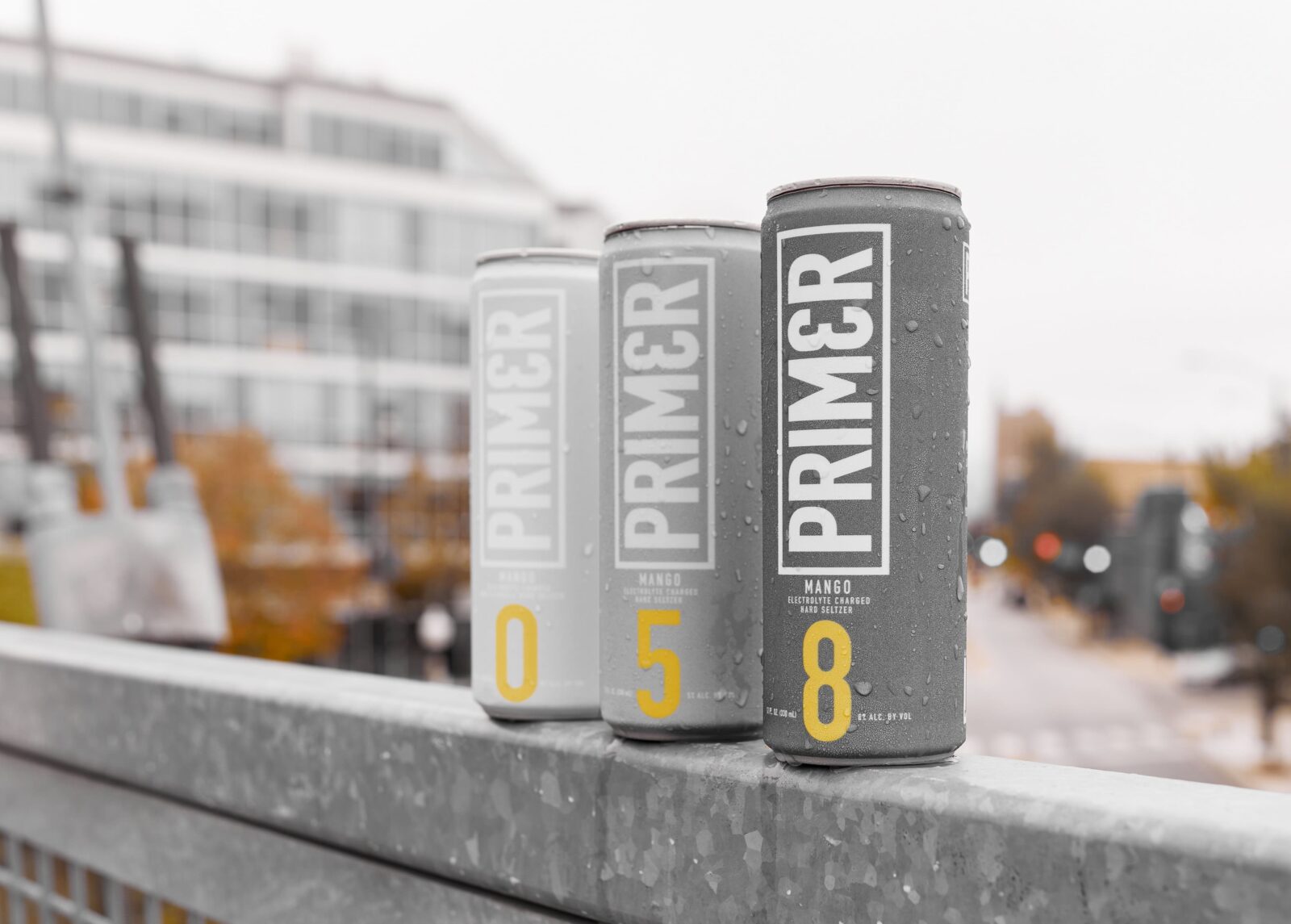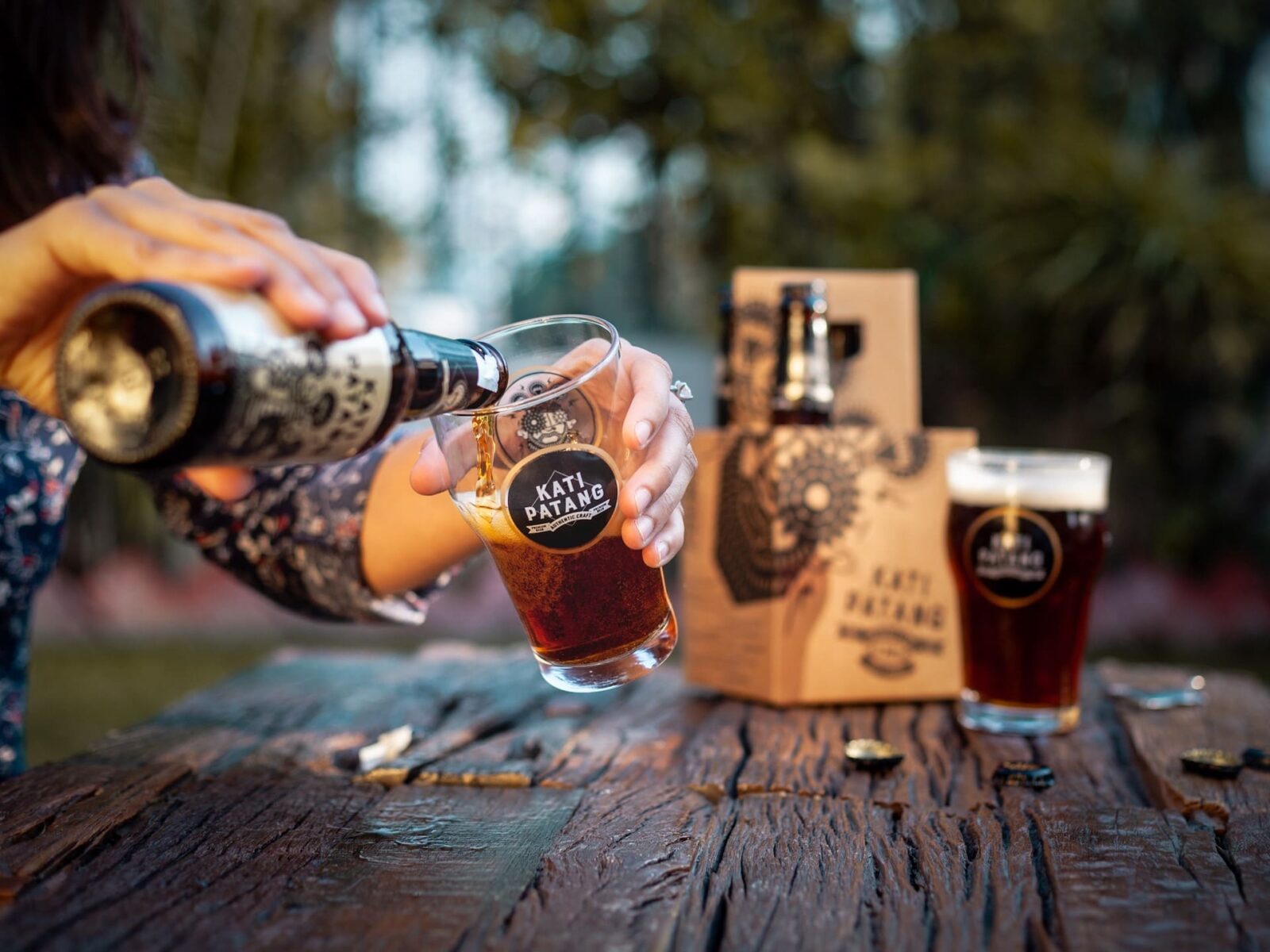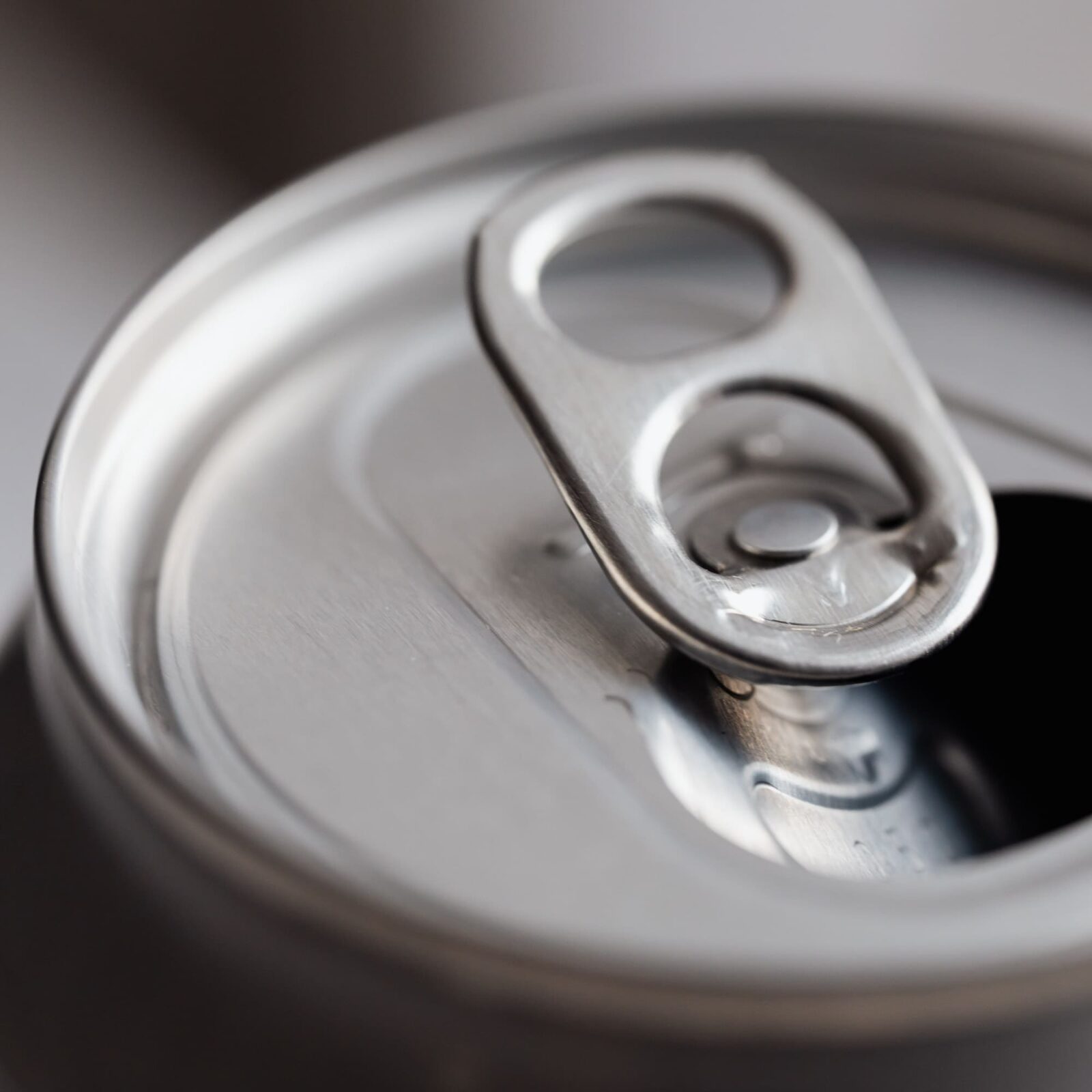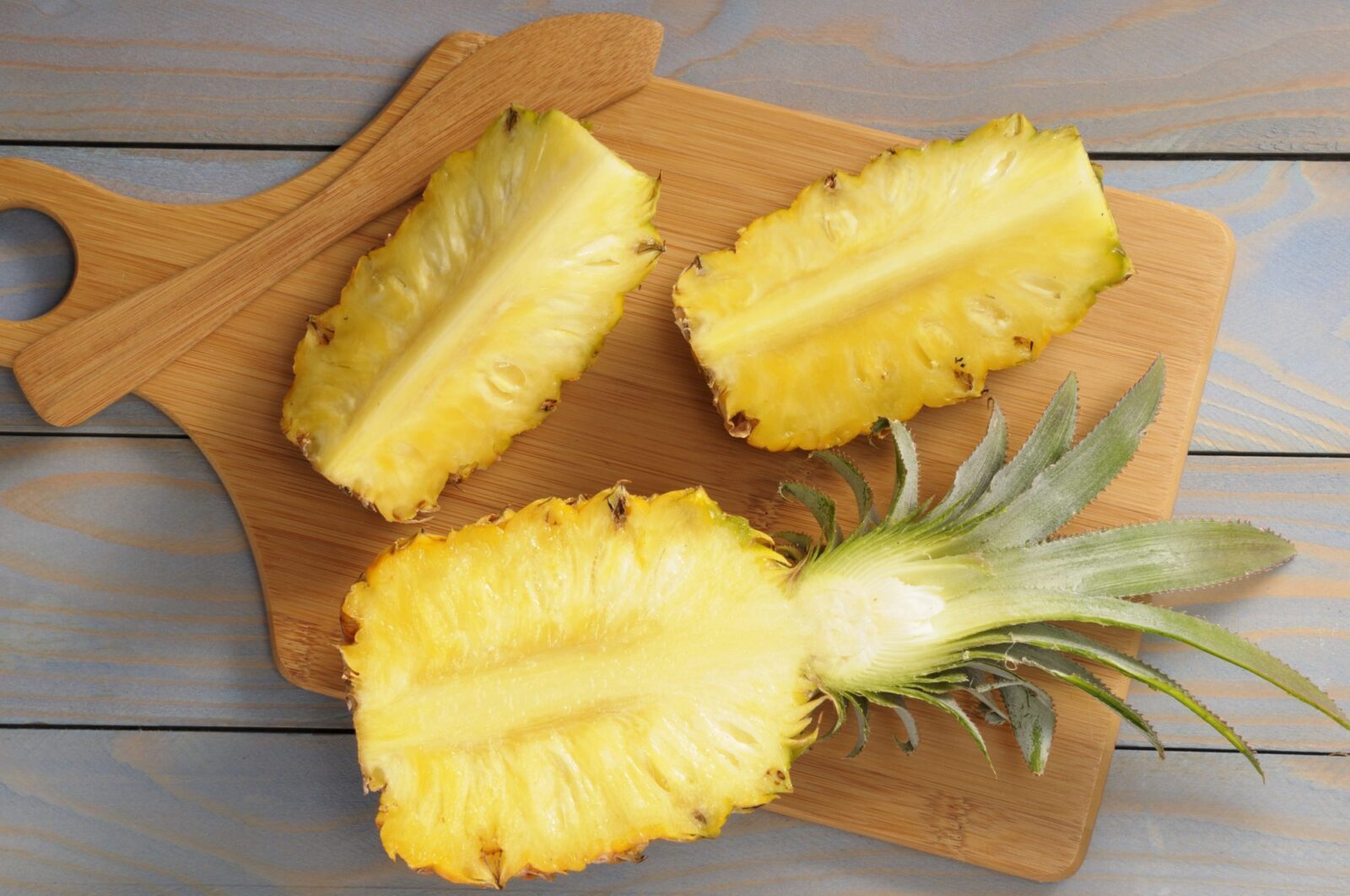The Alcohol Health Alliance wants to see the UK’s Health and Care Bill – which will restrict advertising and promotion on high fat, salt and sugar products – extended to include alcohol.
Started in 1997 by childhood friends Brett VanderKamp and Jason Spaulding, New Holland Brewing Co. evolved from a passion for home brewing with old kegs, thermos coolers, pulleys and platforms and established itself as a Michigan craft beer powerhouse. It owns two restaurants – the Pub on 8th in Holland and the Knickerbocker in downtown Grand Rapids – plus a spirits tasting room in Saugatuck and two brick-and-mortar stores.
Most low/no drinkers are not solely dedicated to the category: choosing rather to switch between full strength and lower alcohol alternatives – often even during the same occasion. So new US brand Primer has designed its brand as a ‘one-stop-shop’ system: packaging its drinks with three different ABVs in one multi-pack.
Locally-produced wines, beers and spirits are currently on the up-and-up in India’s alcohol industry, with millennial consumers, in particular, preferring these over international brands – but drinks not in the premium or low price categories continue to face a slump that is not expected to pick up any time soon.
Brewers’ spent grain may offer a novel source of prebiotics, according to a new study from Anheuser-Busch InBev that found arabinoxylan from the waste may boost bifidobacterial levels in the human gut.
Ball Corp (BLL)., one of the world’s largest suppliers of aluminum cans, is sending shockwaves throughout the craft beer world after lifting the minimum number of cans certain producers must order and saying it will raise prices.
Could Mexico’s traditional fermented beverages offer inspiration for healthy beverages today? Researchers are calling for the recovery and conservation of ancient fermented drinks, which could offer an ‘outstanding reservoir’ of genetic resources such as plants, yeast and bacteria.
Subtle, nuanced flavors have taken center stage in recent years: but this is set to change in 2022 with a shift to bigger and bolder profiles, according to beverage development company Flavorman.
As it launches the alcohol-free version of its flagship brew on draught, Heineken predicts there will be as many Heineken 0.0 taps as there are Heineken Original by 2025.
